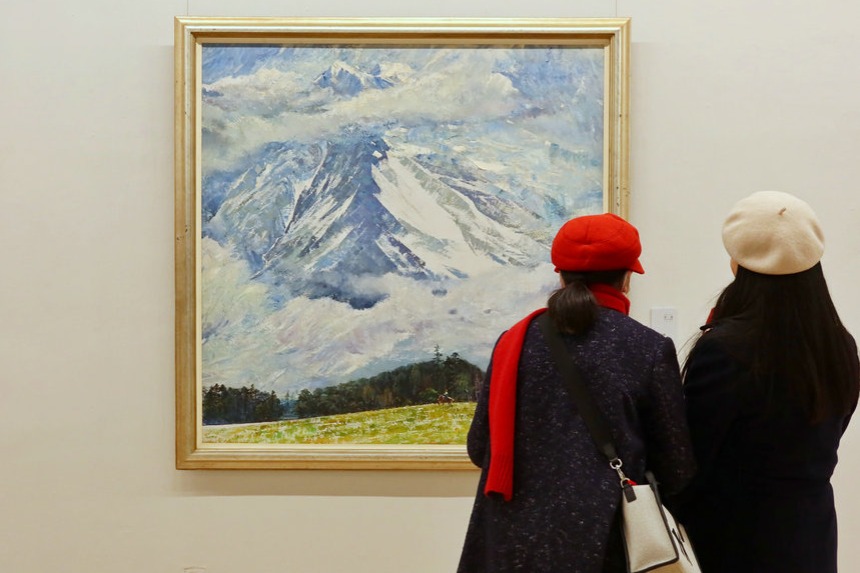Book unveils untold chapters of war


By shifting the chronological anchor back to Asia, Overy gives overdue recognition to what Chinese historians have long insisted: that the war against Japan between 1931 and 1945 was an integral part of the wider world war.
Situating the conflict within the context of late-19th-century imperial rivalries, Overy shows it was from the outset a struggle against aggression that engulfed Asia and Europe alike.
"For so long, the West ignored what happened in Asia. They focused on the Pacific War — America versus Japan — because it's dramatic, with territory changing hands. The war in Asia is more complicated," he explains.
Overy stresses that China's role was decisive. For much of the war, it fielded more soldiers than Britain or the US, tying down over half of the Japanese army. Without this prolonged resistance, Japan might have expanded far more aggressively into Southeast Asia or the Soviet Far East, he says.
Integrating the Chinese experience into the mainstream narrative, he argues, is not only just but essential. "If we look at the way in which (the war) influenced what happened in Africa, in the Middle East, in Asia, we can make much better sense of the system that emerged after 1945," he says.
The old-fashioned idea of territorial empire was already disintegrating by 1945. Over the next 20 years, the British and French tried to defend their colonies, often violently, but the momentum had shifted. The war marked the beginning of a world increasingly dominated by nation-states.
"To understand, for example, why China has now become a major country, we need to go back and look at the roots of that process. It began in the 1930s and 1940s, prompted by the Second World War," he says.
Overy also challenges the inertia of Cold War historiography, which often diminished China's role due to geopolitical alignments. In his book, the massive human cost borne by China — over 18 million deaths, millions more displaced, and widespread devastation — is not treated as background tragedy but as central evidence of China's pivotal place in the war's history.
His work also reexamines the idea of victory. While Anglo-American accounts frequently highlight the Normandy landings, the Battle of Britain, or Pacific island campaigns, Overy emphasizes that Allied success was cumulative and interdependent. Britain and the US provided military materials and equipment and global logistics; the Soviet Union broke the Wehrmacht on the Eastern Front, he says.





































